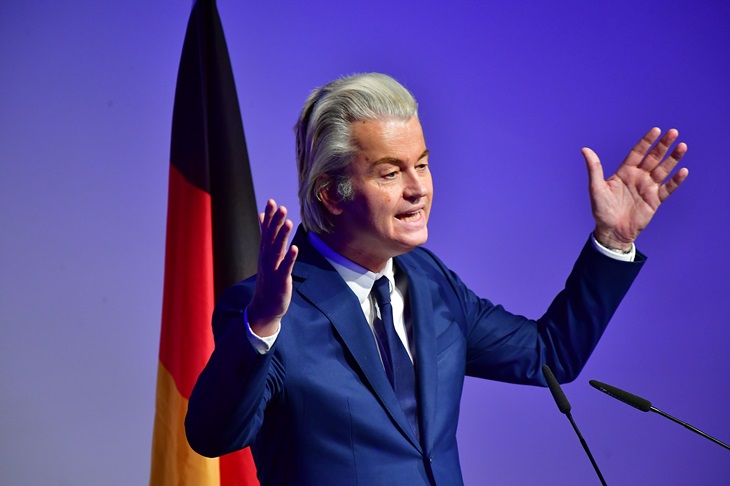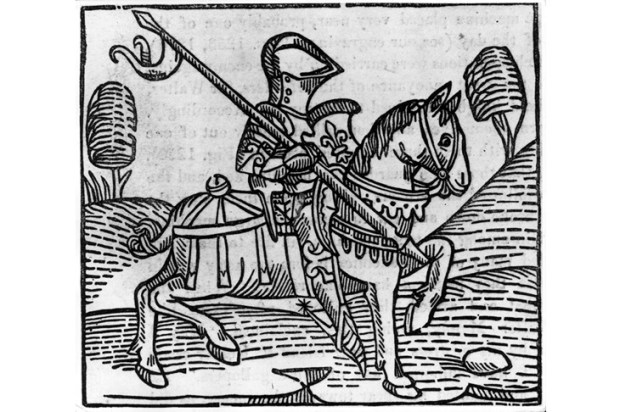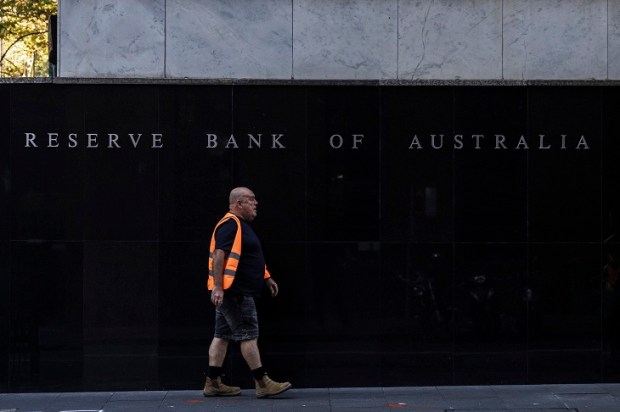The victory of Geert Wilders and his Party for Freedom (PVV) in the Dutch general election last week is stunning for many reasons.
In a proportional electoral system with a high number of parties fielding candidates, Wilders and his party by far and away received the highest number of votes – 23 per cent – unthinkable just a few short months ago. This means that the party will more than double its numbers in Parliament, most likely ending up with 37 seats out of 150. Whether that means he will be able to form a government with other right-of-centre parties with him as Prime Minister is, at the time of writing, unclear.
However, one way or another, they will have to work with him. More on that below.
What is also clear is that, after Giorgia Meloni’s landslide election victory in Italy just on a year ago, the people of Western Europe are giving up on traditional centre-right parties and choosing new parties on the Right. Witness, too, the election results in Sweden earlier this year.
In this respect, the Dutch result also has ramifications for other elections due in Europe in 2024 and possibly beyond. The Austrians go to the polls in October next year. As things stand at the moment, the Austrian Freedom Party (FPÖ), while economically more mainstream, shares Wilders’s views on mass immigration and Islam, is set to become the strongest force in the parliament in Vienna for the first time in history.
As Gudrun Kugler, a member of the Austrian Parliament for the People’s Party (the traditional centre-right party in that country) and European Co-ordinator of the Alliance for Responsible Citizenship, told me regarding Wilders’s success in the Netherlands:
‘When the Centre parties are weak, populist parties fill the void. People rightly wonder where our European identity has gone. The progressivist (Leftist) project did not work, that’s quite evident. People are thirsty for something else. Especially the Christian Democrats need to hear the wakeup call. They must rediscover and revive their identity especially with regard to the meaning of personal responsibility, the importance of the family, and in answering problems related to illegal migration. It is furthermore necessary to find better ways to respond to climate change than by making energy more expensive and causing de-industrialisation.’
The real question now is whether those thoughts are weighing in the minds of other potential coalition partners and, more broadly, other traditional European parties.
The establishment Dutch centre-right party, the People’s Party, came a distant second. It is led by Dilan Yesilgoz, the daughter of Turkish refugees. She has more recently called for the expulsion of imams, immigration controls, and indicated her willingness to work with Wilders, unlike her predecessor, the outgoing Prime Minister Mark Rutte, whose zealotry on climate change led to the formation of the Farmers’ Party (Bbb) of Caroline van der Plas. The Bbb won 7 seats in the election and has indicated its willingness to work in a Wilders-led government.
The third party on the centre-right was the New Social Contract, formed recently by ex-Christian Democrat Pieter Herman Omtzigt, which won 20 seats. He too, has called for curbs on immigration and criticised the European Union, and has declared he would be happy to be part of a Wilders government.
Moreover, on the more immediate horizon are the European Parliament elections, due in May next year. A strong showing by new parties on the Right there will have to lead to a fundamental shift on the European project.
Wilders in the past has called for a ‘Nexit’, considered unthinkable given the Netherlands is a founding member of the EU, and that probably will not happen.
For his part, Wilders stated during the campaign that he would be Prime Minister for everyone ‘regardless of their religion, background, sex, or whatever’, insisting the cost-of-living crisis was a bigger priority.
More to the point, it seems that victories by new parties on the Right in Europe are part of a wider strategy to change the EU from within.
‘A new Europe is possible,’ Matteo Salvini, the Italian deputy Prime Minister, said, welcoming a victory for an ‘historical ally’ of his Lega party, the second party in Giorgia Meloni’s government.
In France, Marine Le Pen, the leader of Rassemblement National (National Rally), declared:
‘Congratulations to Geert Wilders and the PVV for their spectacular performance in the legislative elections, which confirms the growing support for the defence of national identities.’
‘I am optimistic: it is possible to change the EU into a Union of European Nations. We have the chance to change the majority in the European Parliament,’ she said.
What is more, pressure for change and push-back on Brussels could also be made via domestic governments. Victory by parties such as Austria’s FPÖ next year will mean that Meloni and Hungary’s Viktor Orban will have some more like-minded allies at the European table. Elections in Germany are due in 2025, and in France in 2027. Presently in those countries the Alternative for Germany (AfD) and Rassemblement National respectively are steadily growing in support.
Time will tell whether Wilders has broken the Dutch dykes and the wave will sweep the rest of Europe.
Got something to add? Join the discussion and comment below.
Get 10 issues for just $10
Subscribe to The Spectator Australia today for the next 10 magazine issues, plus full online access, for just $10.

























Comments
Don't miss out
Join the conversation with other Spectator Australia readers. Subscribe to leave a comment.
SUBSCRIBEAlready a subscriber? Log in